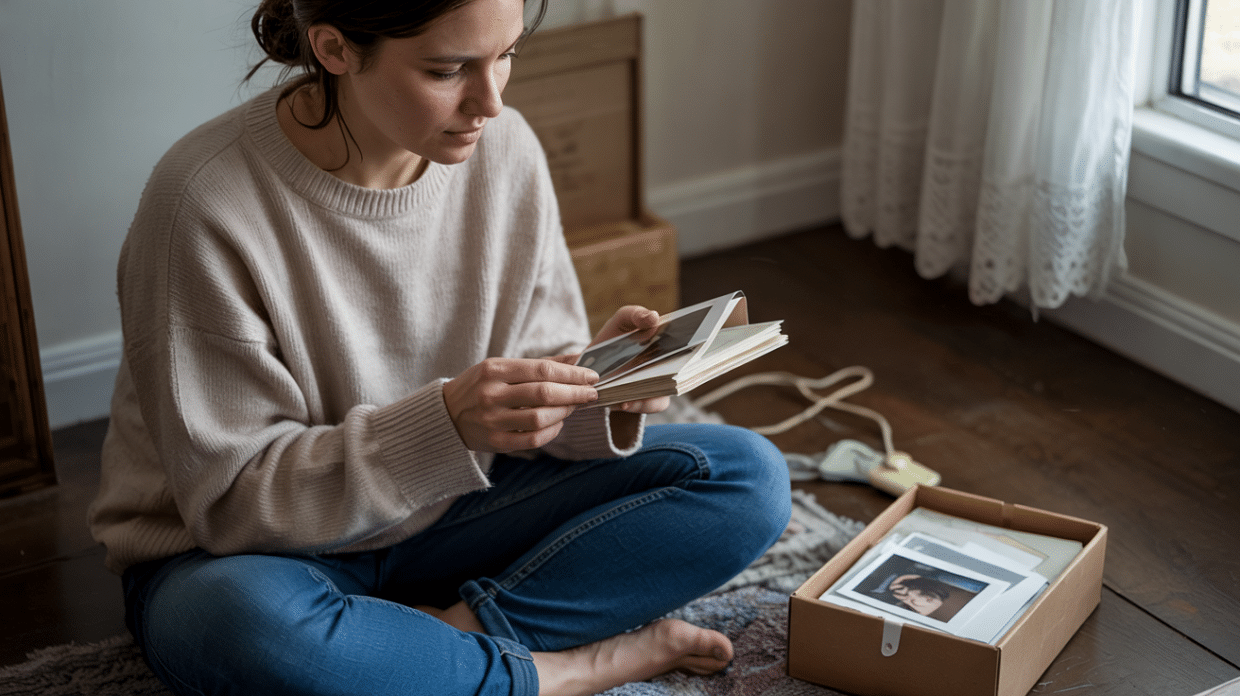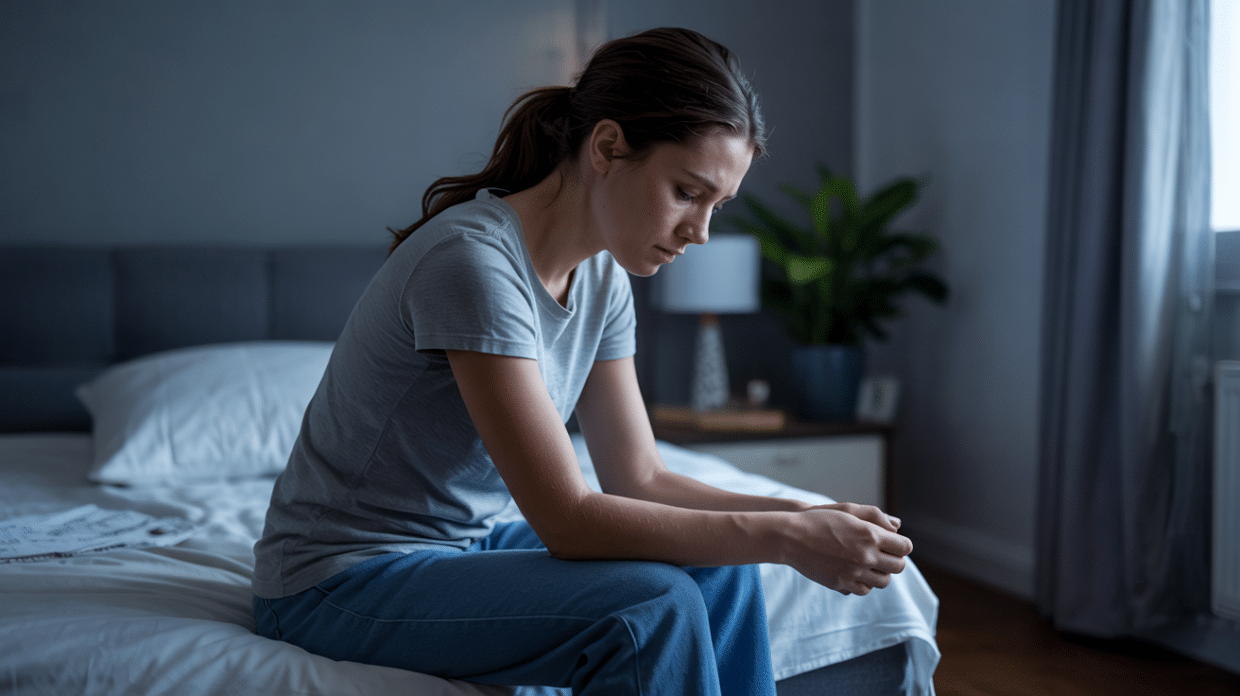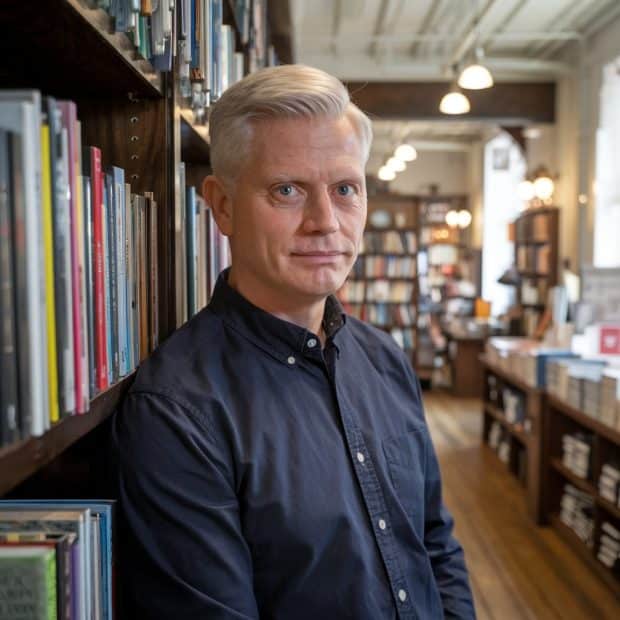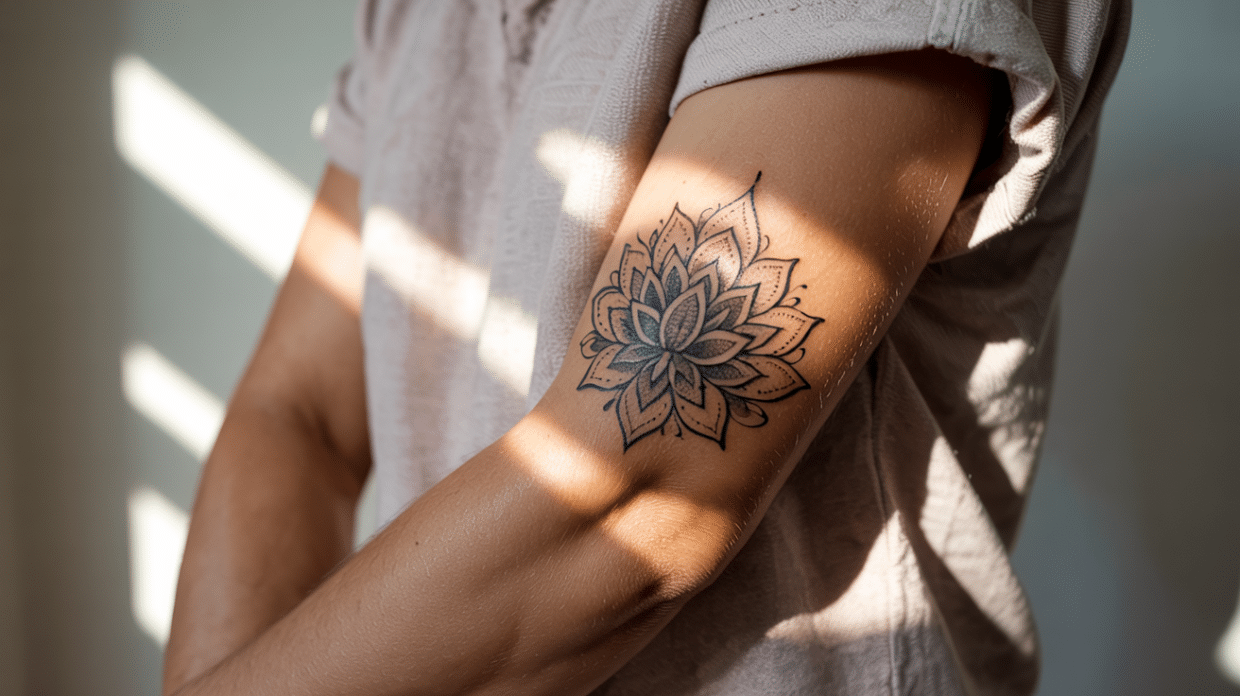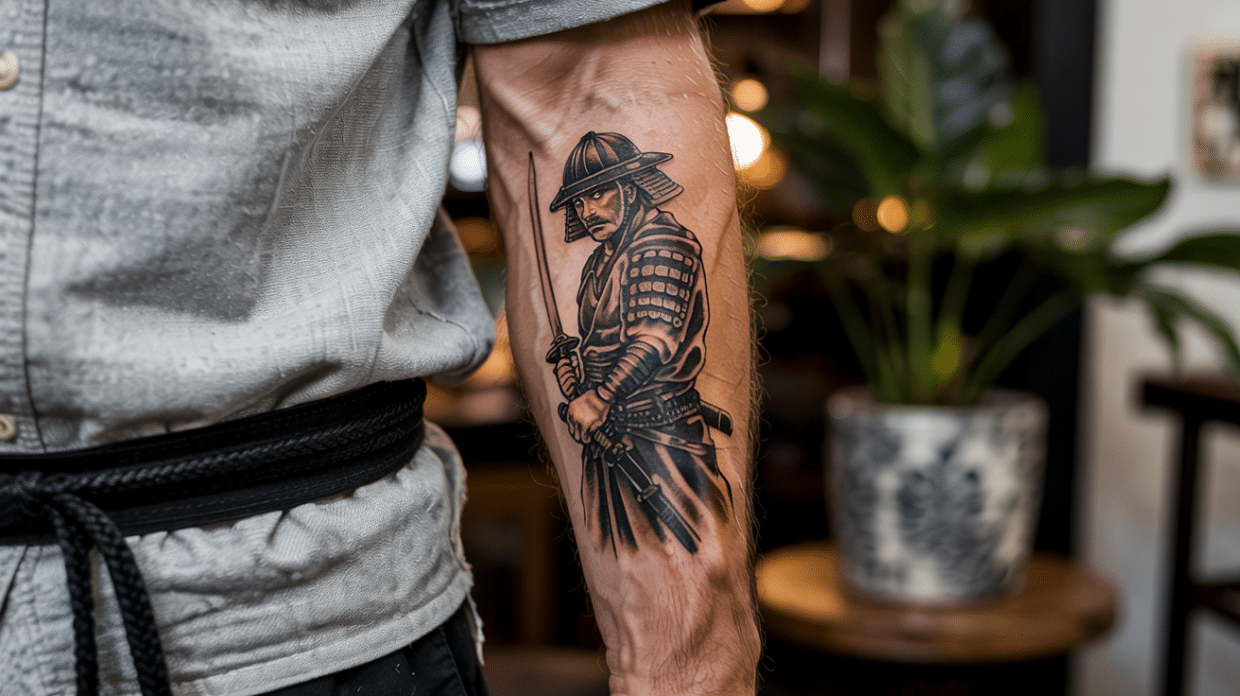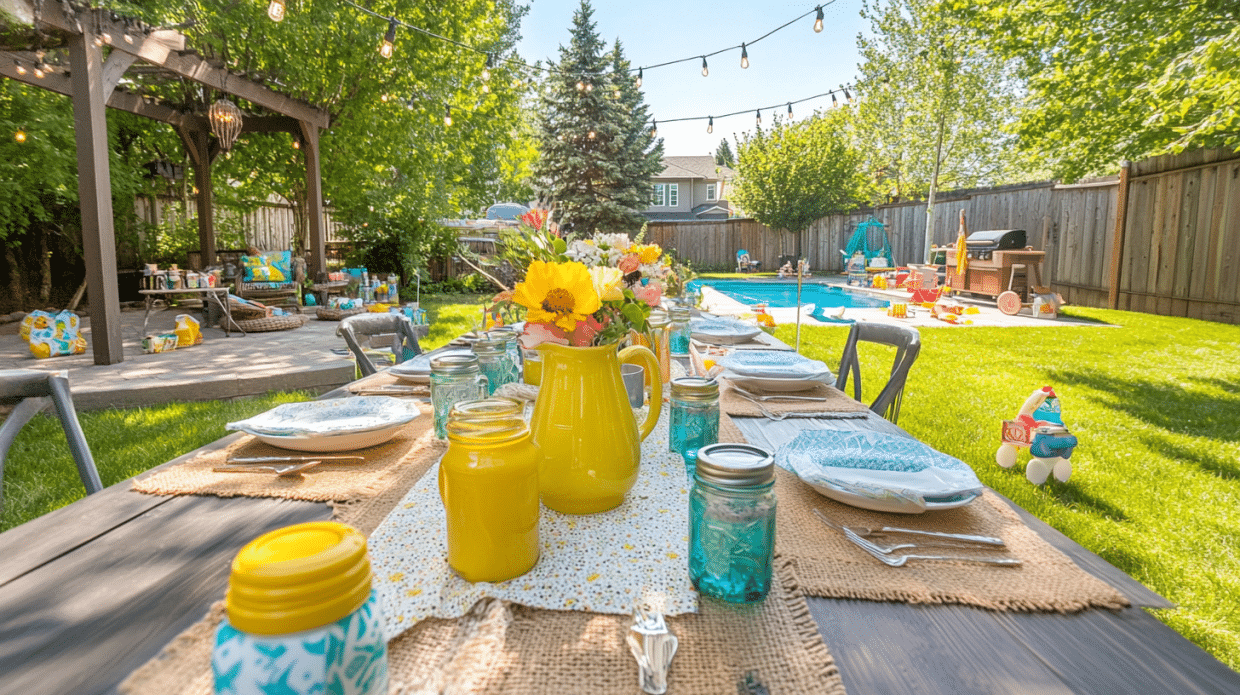Breaking up with a friend can hit you in ways you didn’t expect. One day you’re close, and the next, you feel like a part of your life is missing.
It’s normal to feel confused, sad, or even angry. You might not know what to do next or how to feel better. That’s what this guide is here for.
In this blog, you’ll learn why friendship breakups hurt, what signs show it’s time to let go, and how to care for yourself.
You’ll also find ways to handle shared spaces, reflect on the past, and meet new people.
If you’re feeling lost, take a breath. You’re not alone, and it’s okay to take your time.
Why Friendship Breakups Hurt So Much
Your brain doesn’t always separate romantic and platonic bonds. Both types of closeness trigger the same part of the brain that processes emotional pain.
So when a friendship ends, your body reacts in a real and serious way.
You might also feel the loss of shared memories, comfort, and time spent together. When someone was part of your routine, even silence can feel strange.
Common Reasons Friendships End
Friendships don’t always end with a fight. Sometimes they just fade without warning.
Here are a few reasons that often lead to a breakup:
- Misunderstandings that never got cleared up
- Feeling betrayed or disrespected
- Outgrowing each other’s values or priorities
- Major life shifts like moving, switching schools, or meeting new people
Signs It’s Time to Move on
You may already feel unsure about the friendship. Here are some signs that show it’s okay to let go:
- You feel tired or nervous after spending time with them
- You’re always the one reaching out or making plans
- They ignore your needs or cross your boundaries
- They cancel often or act like your time doesn’t matter
- You feel judged instead of supported
If you’re seeing more than one of these signs, it might be time to step back.
Steps for Healing
Healing after a friendship breakup takes time, and there’s no single right way to do it. What matters most is giving yourself space to feel, reflect, and take small steps forward at your own pace.
Each part of the process helps you rebuild from the inside out.
Let yourself feel upset. Sadness, anger, guilt—all of it is normal. Losing a close friend can be just as painful as losing a romantic partner. You’re allowed to mourn what you had. Sometimes, space is the kindest thing you can give yourself. Muting or unfollowing them on social apps can help you stop checking in on them. If you have thoughts you need to share, consider writing a letter—but you don’t have to send it. It’s for you, not for them. You don’t need a full plan. Just start small: It’s easy to play old conversations over and over in your head. When that happens, pause and notice what you’re doing. Try shifting your focus with a grounding method or breathing technique. You could also use journal prompts like: Speak to someone you trust. This could be: Tell them what happened and how you feel. Talking helps you sort out your thoughts and reminds you that people care. Looking back on the friendship can help you understand your needs better. It’s not about blaming anyone but about seeing things clearly. Try to think about what felt right and what felt off. These thoughts can guide you in choosing better connections in the future. If you still see them at school or in shared groups, things can feel awkward. Here are some ways to manage: It might feel weird at first, but you’ll get more comfortable with time. You don’t need to find a replacement for the friend you lost. But it’s okay to start meeting new people and giving new friendships a chance. Try talking to someone in your class, a club, or another activity you enjoy. You could ask someone to grab lunch or join you for a short hangout. `It’s normal if things feel slow at first. Let the connection grow naturally, without forcing it. Sometimes, sadness doesn’t fade. If you’re feeling stuck or empty for days at a time, you might be facing depression. Look for signs like: If that’s happening, talk to a counselor or call a support line. Help is out there, and you’re not alone. You might not get clear answers from your old friend, and that can feel frustrating. But closure doesn’t always come from the other person—it often comes from within. When you give yourself permission to feel your emotions and move forward, you create space for peace. Letting go doesn’t mean you’re forgetting what mattered. It means you’re choosing to care for yourself. You can try something different, meet someone new, or simply take a break for a while. Every step you take helps you feel a little stronger. Even if it takes time, you’ll find your way again. Keep going—you’re doing better than you think. Struggling with heartbreak beyond friendship? Read here: How to Get Over a Breakup. Friendship breakups can leave you feeling lost, but you’ve made it through a lot already. You’ve learned why these endings hurt, how to care for yourself, and what steps can help you move forward. This isn’t about rushing or forcing anything. It’s about giving yourself space to grow and feel okay again. You’ve also seen ways to manage shared spaces, meet new people, and understand what a healthy connection looks like. Healing might be slow, but you’re not stuck. You’re learning, adjusting, and moving in the right direction. If this helped you even a little, take a look at our other guides. You’ll find more thoughts, tips, and stories that might speak to what you’re going through.2. Cut Off Contact (If Needed)
3. Practice Daily Self-Care
4. Avoid Rumination
Talking to Others Helps
Reflect on the Friendship
Navigating School or Social Circles
Making New Friends
When to Seek Professional Help
Closure and New Beginnings
Conclusion


